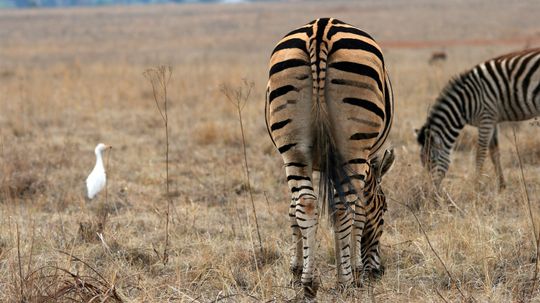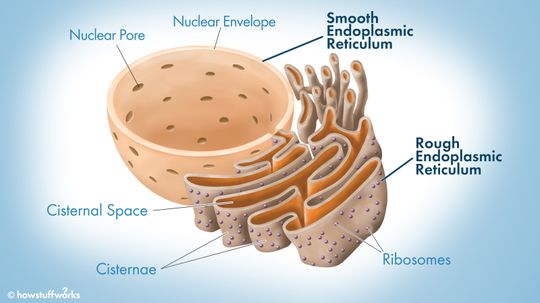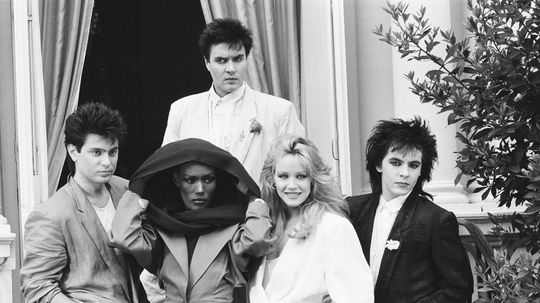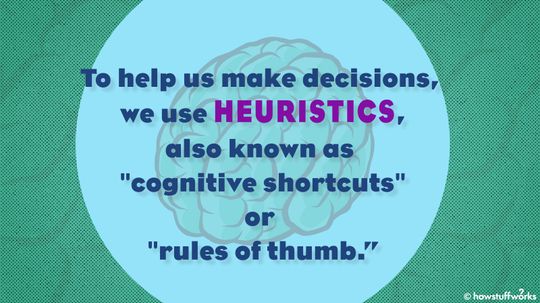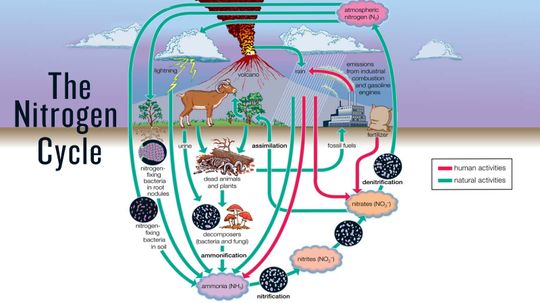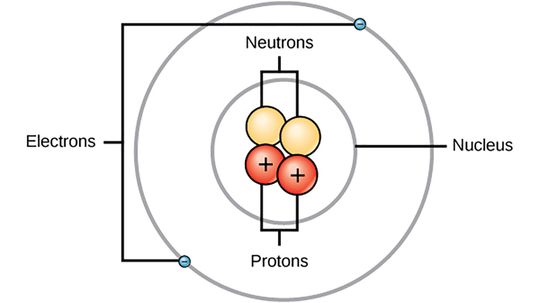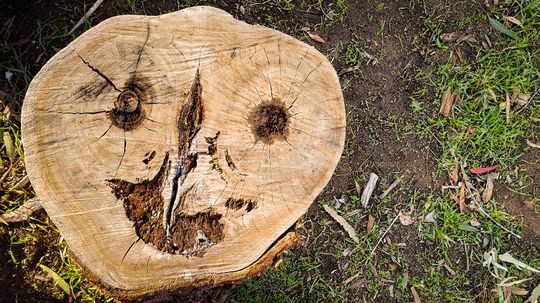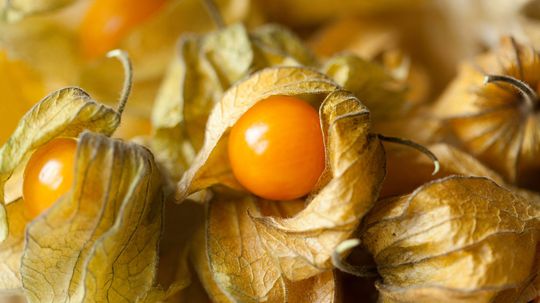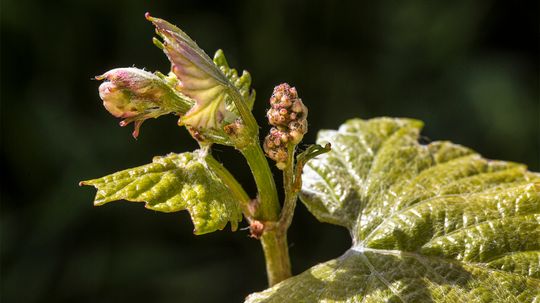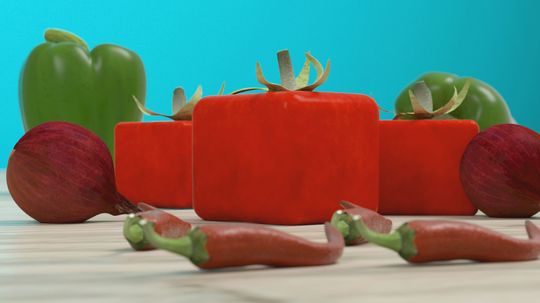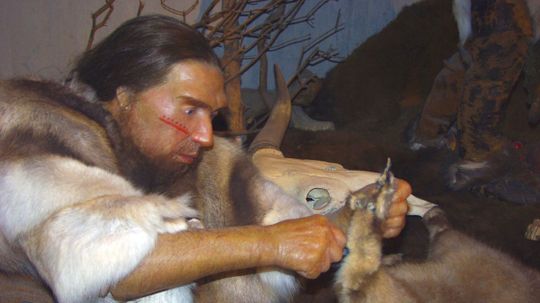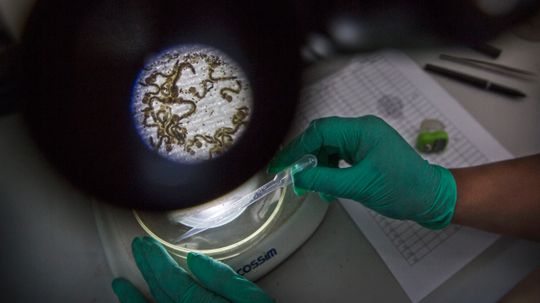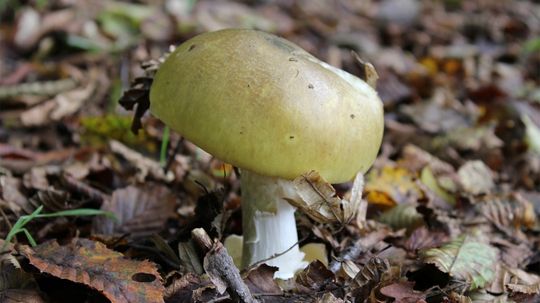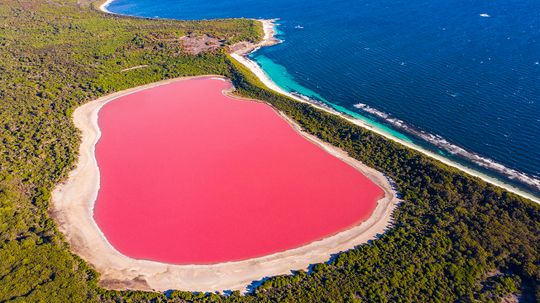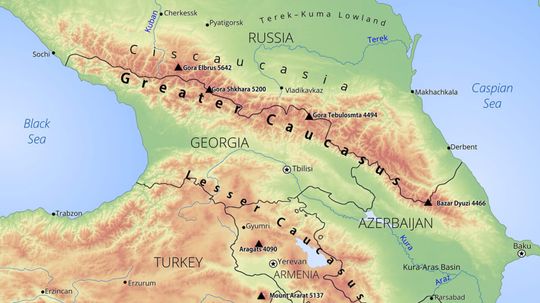Life Science
From the smallest microbe to the largest mammal, Life Science explores the origins, evolution and expansion of life in all its forms. Explore a wide range of topics from biology to genetics and evolution.
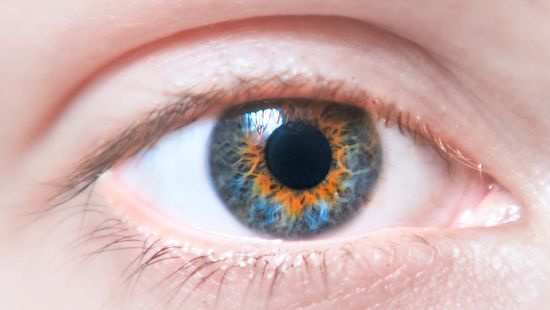
Central Heterochromia: When to Worry About Eye Color

10 Types of Noses to Spot in a Crowd
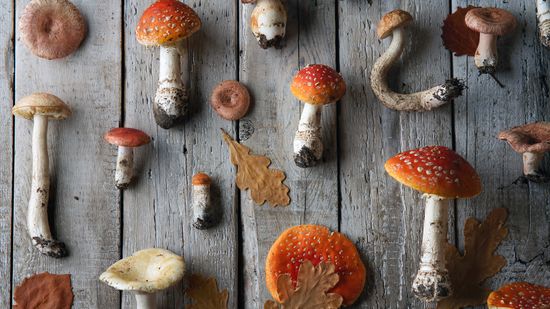
3 Major Types of Mushrooms: Edible, Wild and Poisonous
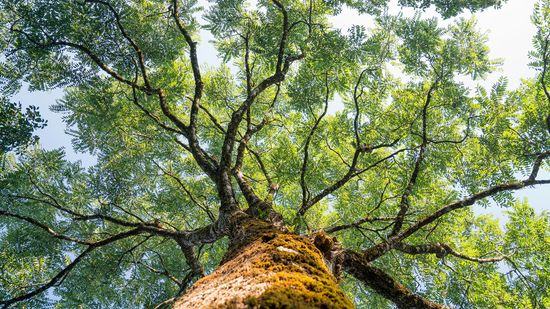
3 Types of Trees You'll Find All Over the Planet
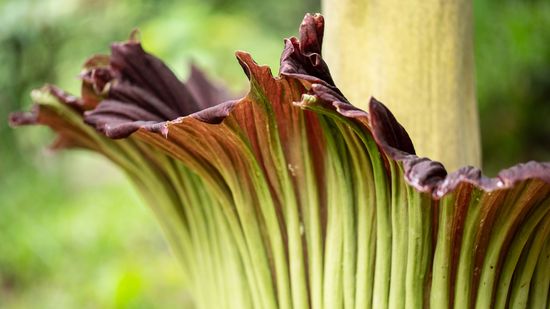
A Corpse Flower Can Grow Over 12 Feet (3.7 Meters) Tall
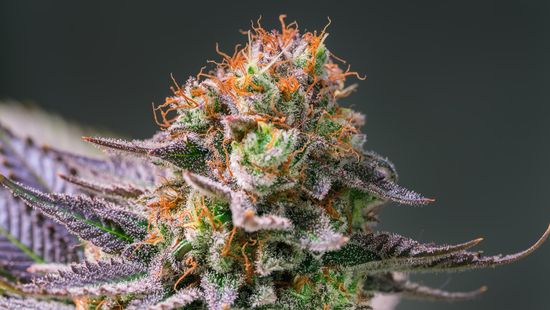
Indica vs. Sativa: How to Distinguish Between Cannabis Plants
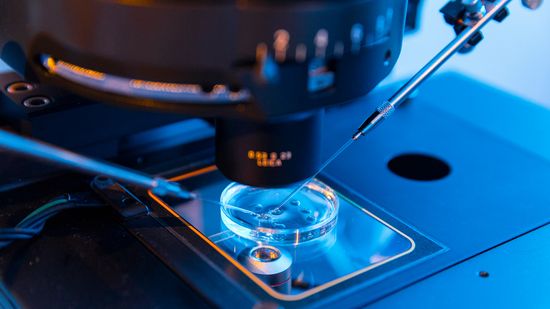
In Vivo vs. In Vitro Trials (and Why Combining Both Is Best)

Hypertonic vs. Hypotonic Solutions: Differences and Uses

Your Phone Is a Germ Factory, So Stop Taking It to the Toilet
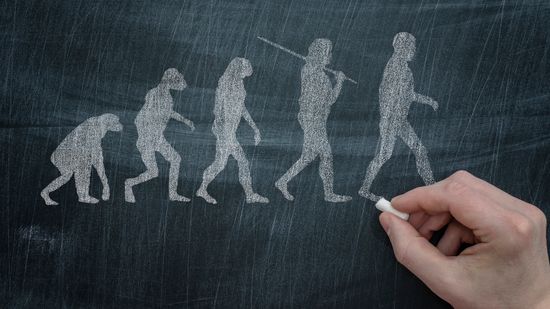
Neanderthal vs. Homo Sapien: Separate Species With Different Fates

Howstuffworks Interviews: Extinction Level Events with Annalee Newitz
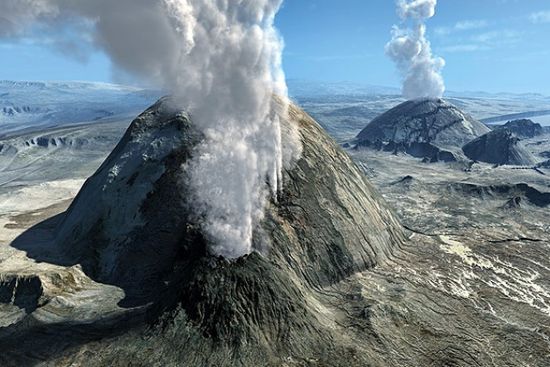
What will the Earth look like in 50,000 years?
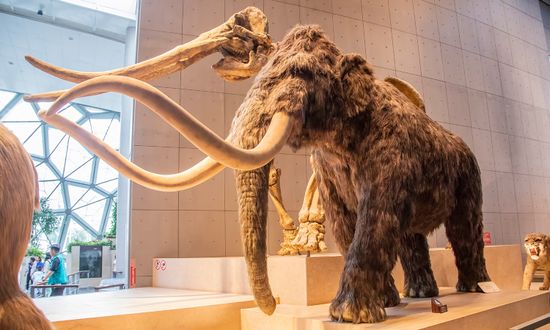
Is a Woolly Mammoth Clone Even Possible?

The Most Common Hair Color Isn't Blonde

What Is the Most Common Eye Color? Over 70% of People Have It
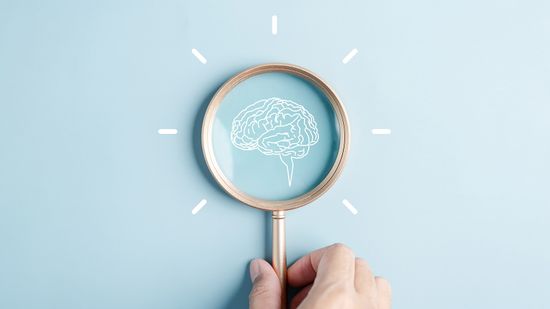
9 Types of Intelligence: The Many Ways to Expand Your Mind
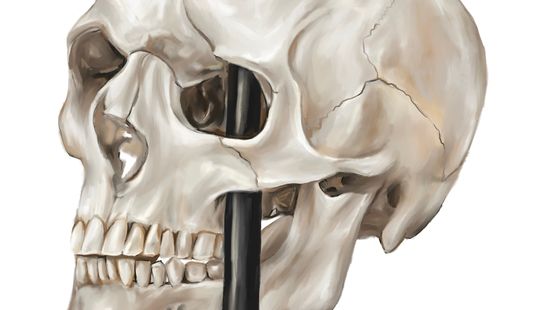
Phineas Gage and the Birth of Modern Neuroscience
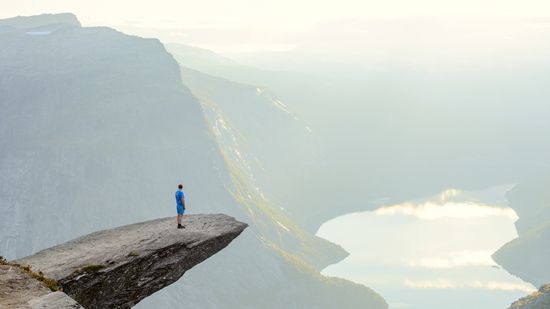
Call of the Void: A Counterintuitive Form of Self-preservation
Learn More / Page 15
Commensalism is a form of cooperation among species in which one species benefits from another without the first one suffering any harm from the relationship.
The part of your cells that helps you recover from a hangover is shaped like a maze of tubes and is made of two parts - the rough endoplasmic reticulum and the smooth endoplasmic reticulum.
It's one of those words that might remind you of certain gender-bending musicians from the '80s, but what does it mean today?
Advertisement
The Kobayashi Maru simulation puts future Starfleet commanders in a classic "no-win" scenario. It's so accurate, even the U.S. military uses the exercise to test the measure of a good leader.
By Mark Mancini
Whether you're a procrastinator or a workaholic, you can improve your time management. How? With a timer, scheduled breaks and some serious discipline.
Phrenology, the belief that you could determine personality from the shape of someone's skull, was so popular in the Victorian era that phrenology parlors sprang up all over Europe and America. But the trend was soon debunked.
Heuristics are rule-of-thumb strategies that help us shorten decision-making time and solve problems quickly and effortlessly.
Advertisement
Centrioles are spindles that create the pathways for chromosomes to follow during cell division.
The nitrogen cycle is the system by which nitrogen is converted into different chemical forms, some usable to humans and animals and some not, as it circulates among the atmosphere, the land and the oceans.
Niels Bohr proposed the model of the atom that we still learn in school today, even though it's technically incorrect.
This new form of sound therapy takes advantage of the fact that a different frequency in each ear yields a third frequency that can allegedly calm you down or improve your focus. Does it really work? Our writer tried it out.
By Alia Hoyt
Advertisement
We see faces in clouds, on buildings - heck, in grilled cheese sandwiches. But why is that? And how is this a help to our survival?
By Dave Roos
Hundreds of crops in developing countries are relatively unknown in the developed world because they're often hard to grow or export. But scientists have found that CRISPR editing can speed up traditional plant breeding techniques.
By Dave Roos
Machines can translate some of the biological functions of plants into synthesizer sounds. But are these synthesized translations the same thing as music?
Countless superhero movies have been released in the past decade, playing to our fascination with people with higher than usual abilities. But what if people really could have superpowers like those portrayed in the movies, thanks to the inheritance of so-called super genes?
By Diana Brown & Sascha Bos
Advertisement
A new study shows that mothers prefer daughters and fathers prefer sons, regardless of economic background, contradicting an earlier well-known hypothesis.
By Alia Hoyt
You could call dopamine the most misunderstood neurochemical in the brain. It's allegedly the cause of people getting addicted to drugs, chocolate or video games. But what does really dopamine do?
At least not in nature. Scientists have discovered the two gene families that play key roles in making fruits and vegetables either round or long. Could a square fruit be on the horizon?
By Dave Roos
The more we research our closest extinct human ancestor, the more we realize how similar we were. But could we have shared a joke?
Advertisement
Researchers are calling for a new "Noah's Ark" to store microbes that might one day be valuable.
By Chris Opfer
Amanita phalloides is non-native to the North American continent, introduced to California from Europe, and rapidly spreading.
Researchers from Penn State University College of Medicine suggest that a shared circuit in the brain could be one reason why heavy drinking and high-fat 'junk food' cravings go hand in hand.
Australia's western coast boasts such pink wonders. But what gives these lakes their pink hue?
Advertisement
Does everyone have a double out there somewhere that they don't know about? Science says the odds are pretty slim.
By Alia Hoyt
It's easy to equate Caucasian with white. But the word Caucasian touches on issues deeper than skin color. HowStuffWorks looks at its true meaning.
